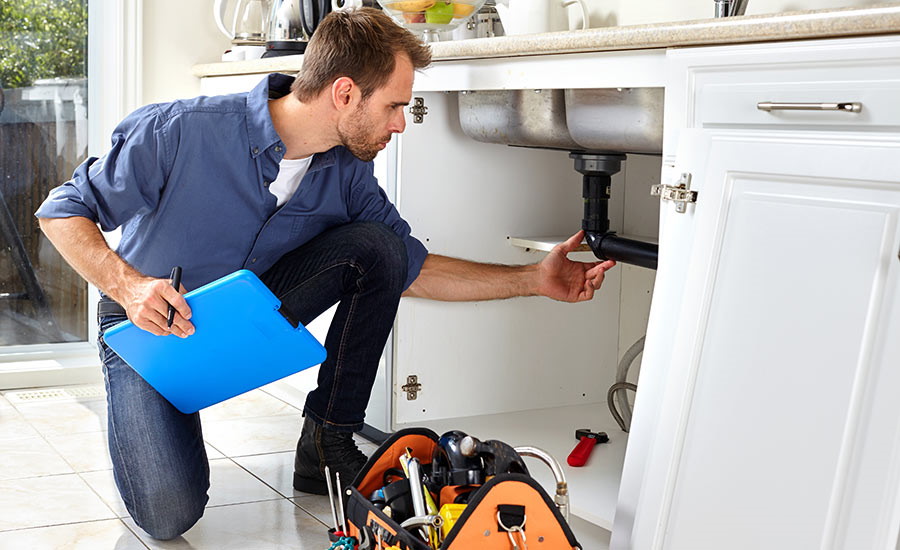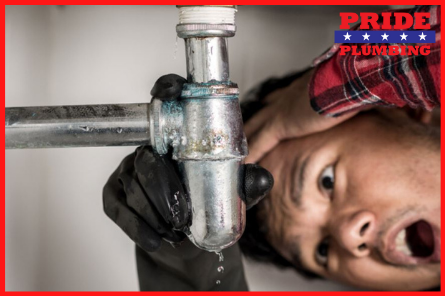All Categories
Featured

[/image][=video]
[/video]
Prior to you rush to call a plumber or make some bad Do it yourself option, you might desire to take an appearance at these pipes secrets that can conserve you time and cash. It is necessary to know where you water turned off valve is in your home, as this can save you from even more severe damage when plumbing concerns take place.
As soon as everything is turned off, take a look at your water meter. A continued activity on your water meter when all water resources are turned off is a clear red flag that needs instant attention.
Slow drains are commonly a very early caution sign of a larger concern. It might indicate an obstruction planned, an issue with your sewage system line, or perhaps tree roots penetrating your pipes. Rather than waiting on the drain to become completely blocked, do something about it as quickly as you notice a stagnation.

If these don't work, it might be time to employ a specialist. Ignoring the problem might cause extra major and expensive troubles down the line. Knowing where your primary water shutoff valve is can save you from possible water damage in situation of a significant leak or plumbing catastrophe.
Should I Hire A Plumber?
Make sure every family grown-up understands where the shutoff valve is and exactly how to use it. In the occasion of a severe leak, swiftly shutting off your home's supply of water can decrease damages and offer you assurance while you wait on a plumbing to arrive. It's a prominent concept that chemical drain cleaners are the utmost remedy for blocked drains pipes a notion that could not be further from the fact.
The chemicals can wear away the inner lining of the pipes, leading to weakened frameworks, leaks, and also pipe bursts. They can permeate right into groundwater and infect it, positioning threats to neighborhood environments.
These devices can properly clear blockages without creating any kind of damage to your pipelines. If these approaches do not work, do not wait to call a specialist.

Nevertheless, over-tightening can bring about several troubles, including removed screws and busted screws, resulting in leakages or perhaps water damages. This typical mistake in DIY plumbing projects can transform a minor repair right into a costly undertaking. Rather, pursue a tight fit. The suitable should be tight adequate to prevent leakages yet not so tight that it places unnecessary anxiety on the hardware.
Should I Do My Own Plumbing?
This ought to make certain an excellent seal without harming the fitting or the pipe. Bear in mind, if a leak takes place, it's simpler (and normally cheaper) to tighten a suitable than to replace a damaged one. Plumber's tape, or Teflon or thread seal tape, is a must-have tool for each house owner. It produces water tight seals at pipe strings, preventing leaks at joints and connections.
:max_bytes(150000):strip_icc()/top-plumbing-tools-1824860-hero-867cc1e34408463dbab86838f89e7762.jpg)
Before affixing any type of installations, take a minute to wrap a couple of layers of plumbing's tape around the threads in a clockwise instructions. See to it the tape covers all the strings and is wrapped securely. This straightforward yet critical step can save you from managing annoying leakages down the line.
Remember that for larger issues, specialist aid is constantly suggested. To avoid this from taking place, take into consideration installing pipe insulation.
Plus, during cooler months, pipeline insulation can help prevent your pipelines from cold and breaking a circumstance that can lead to expensive repair services. When it comes to sealing components like taps, several DIY enthusiasts instinctively reach for a plumbing professional's putty. There's an option that may offer you better silicone caulk.
Is Diy Plumbing Safe?
This adaptability allows it to suit mild shifts or movements without breaking the seal, offering a more sturdy and resilient solution. Just bear in mind to allow the caulk treatment completely according to the manufacturer's directions before subjecting it to water to make certain the best outcomes. "Doping" in plumbing describes applying pipe dope, or pipeline joint compound, to the strings of pipes connections prior to they're screwed with each other.
Latest Posts
Pipe Repair
Roofing Repair local to
Local Roofer